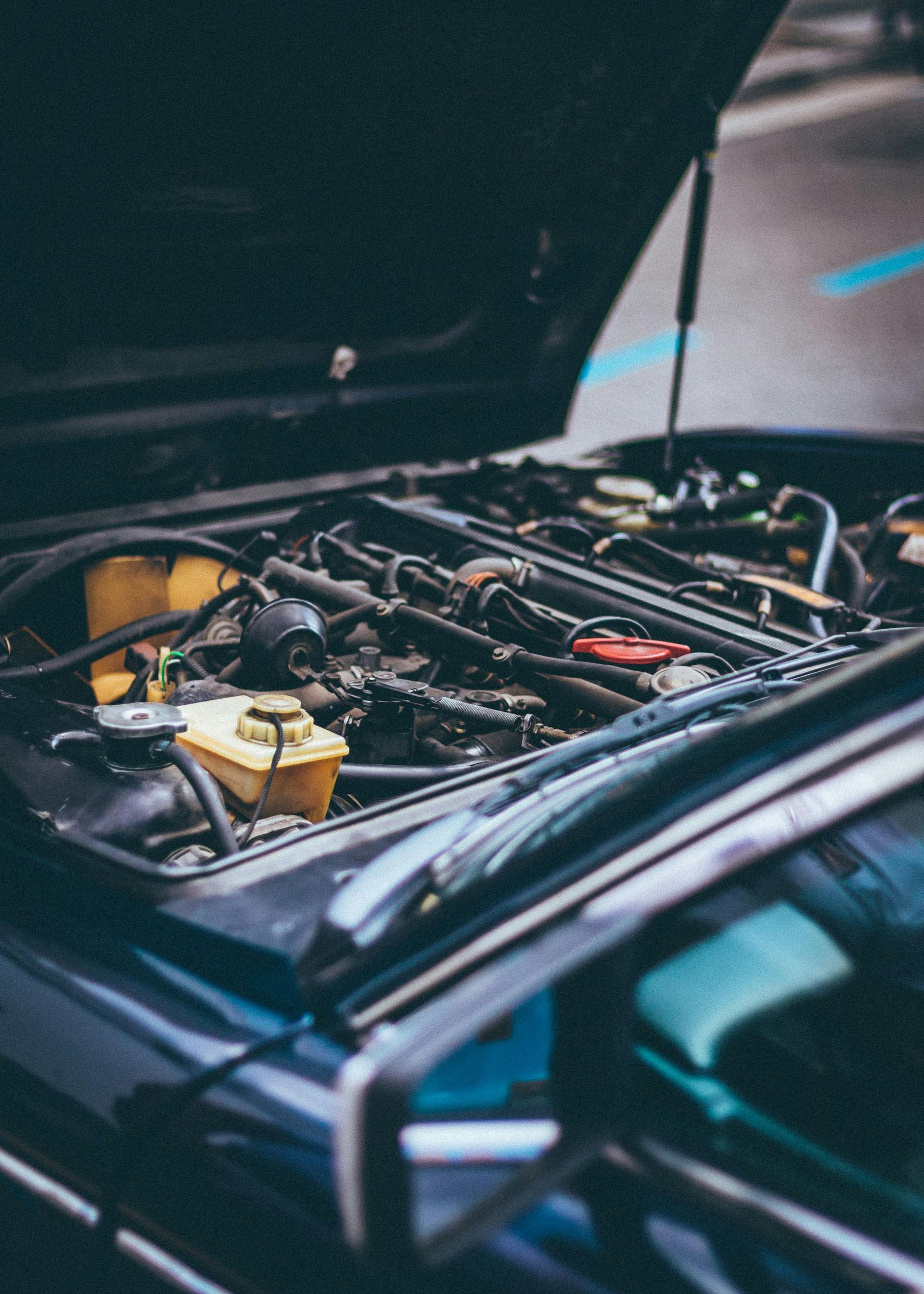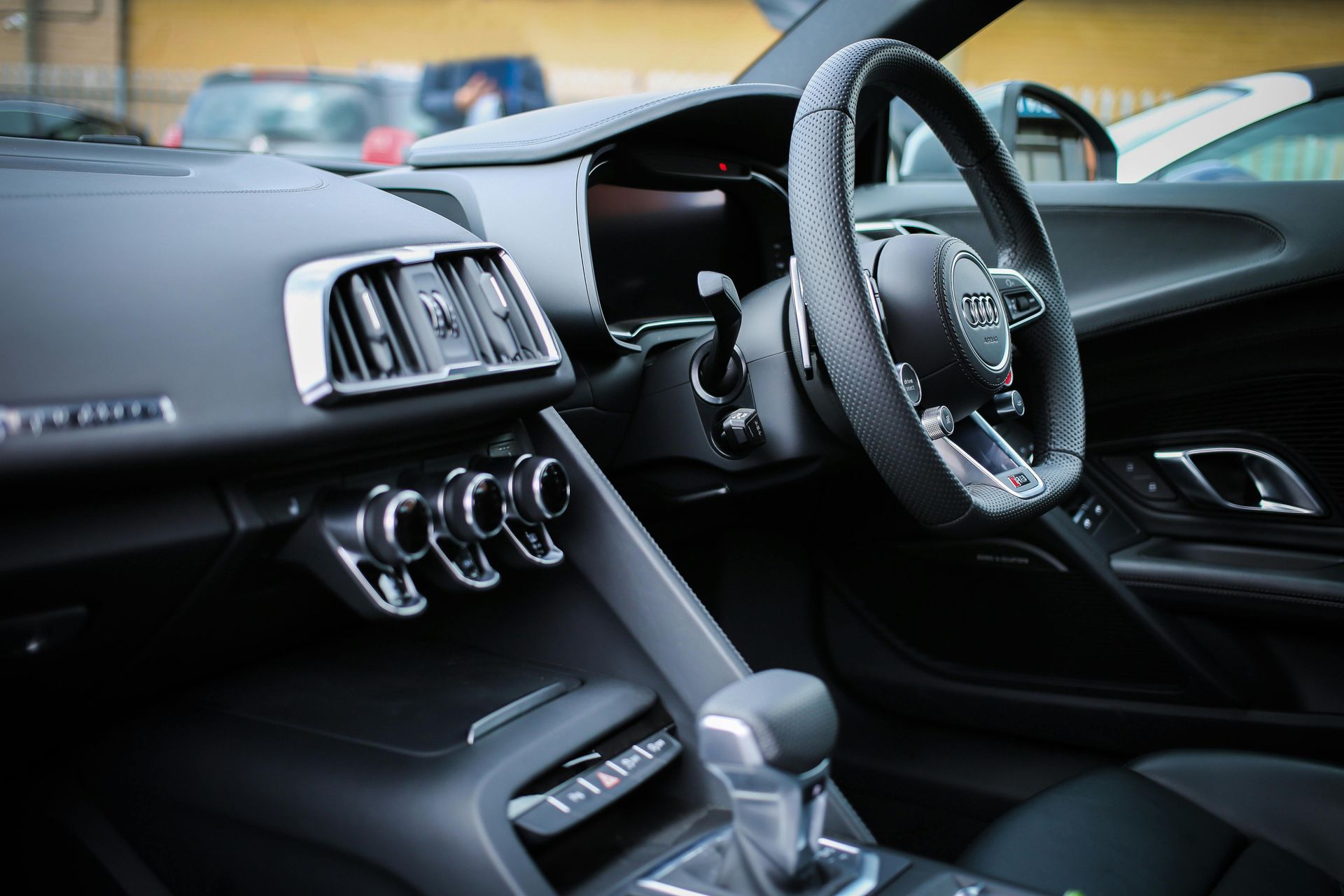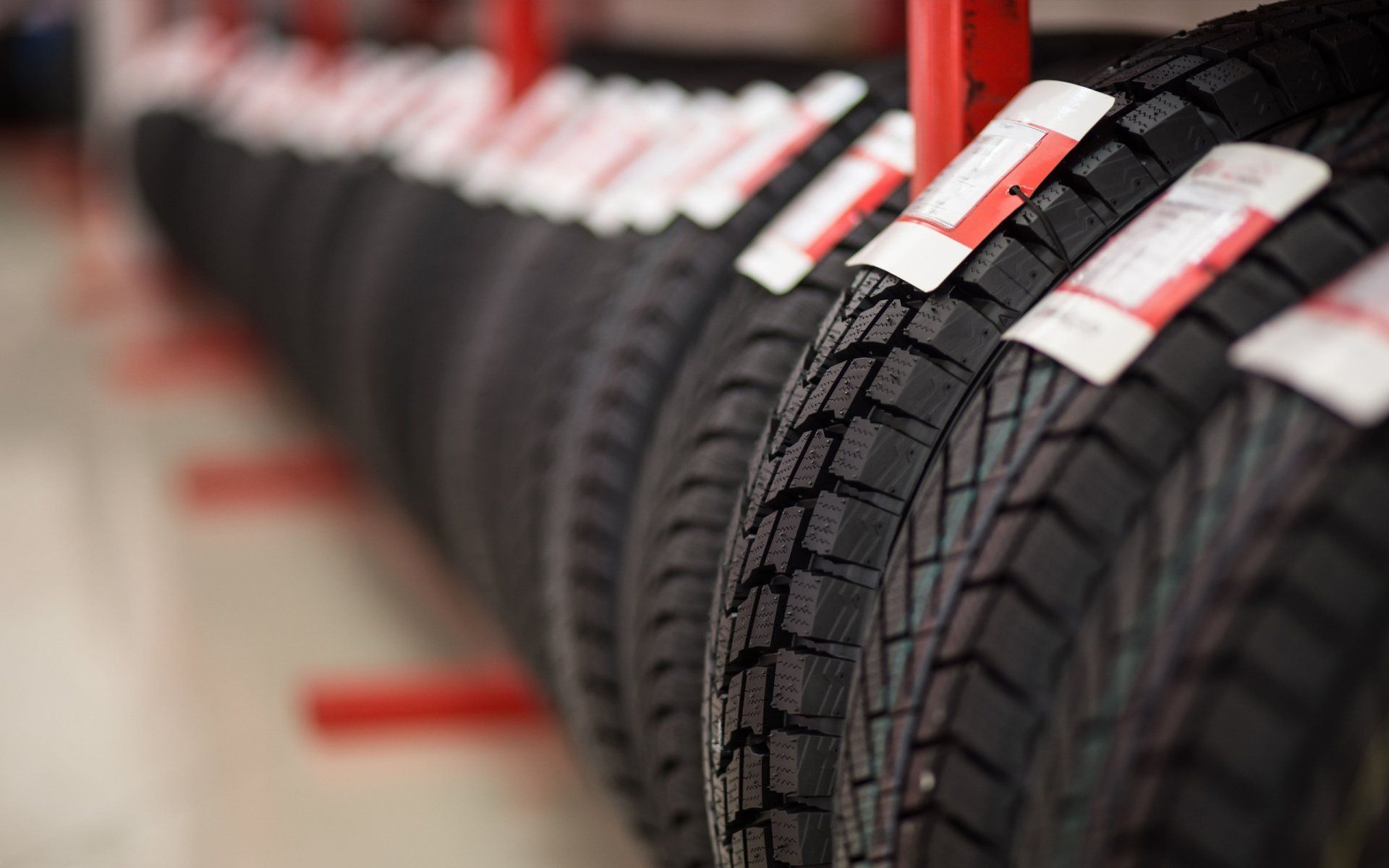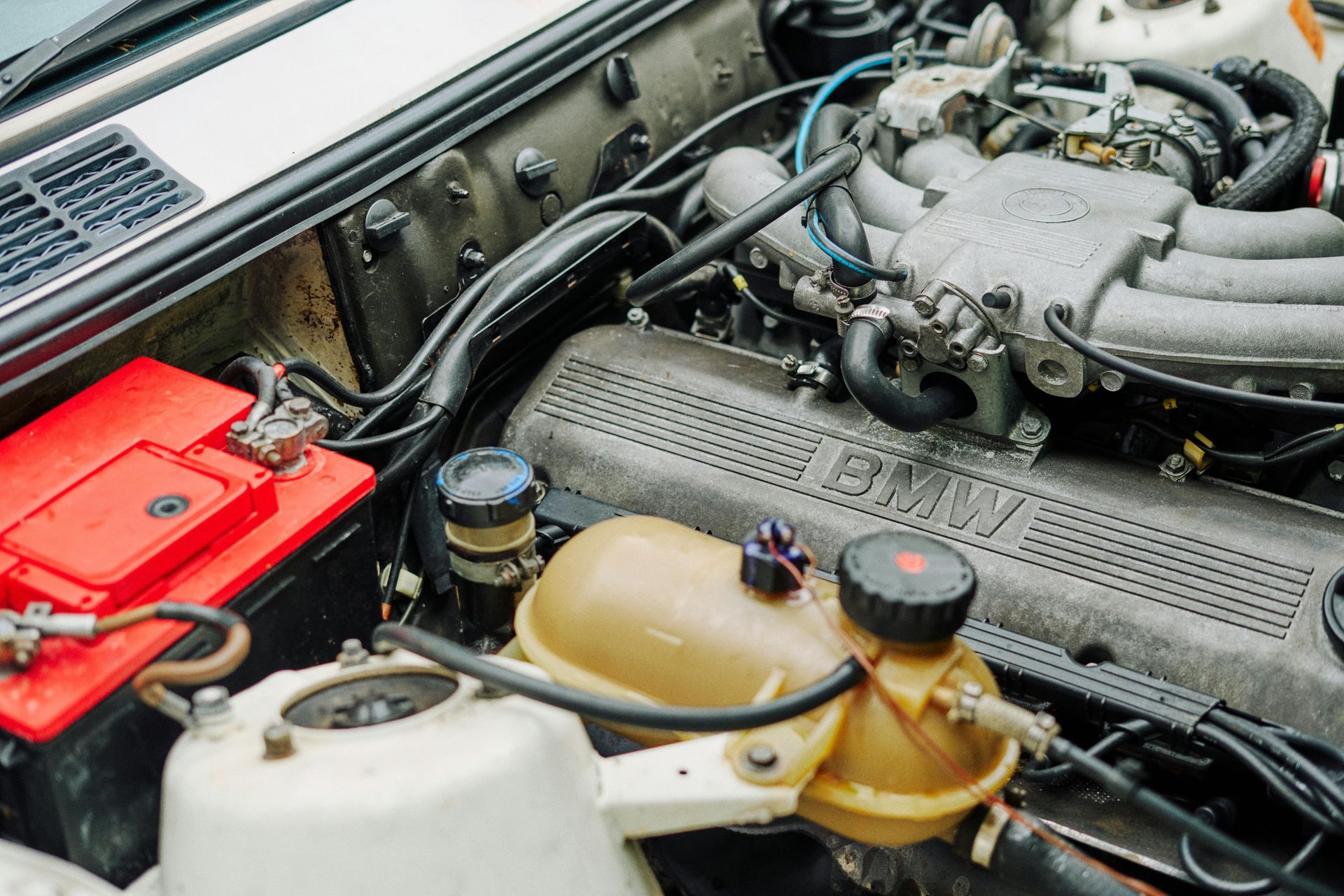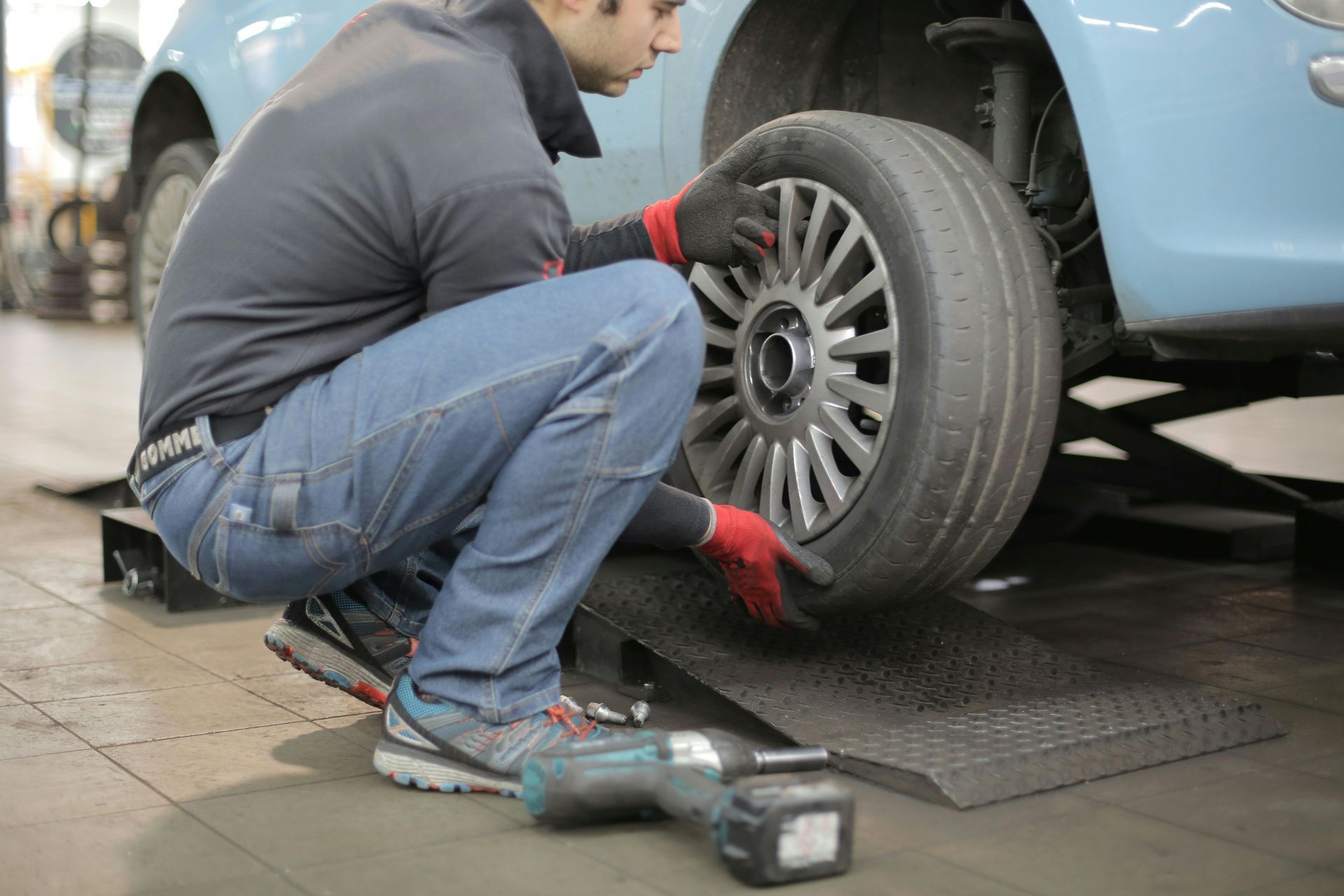Essential Car Care Checklist for Auburn Students Heading Back to Campus
As summer winds down in Auburn, families are busy preparing for the return to school. Whether your student is commuting to Sierra College, heading to UC Davis, or driving to Sacramento State, their vehicle needs to be ready for the demands of a new school year. A well-maintained car isn't just about reliability – it's about safety, especially when students are driving unfamiliar routes or dealing with the stress of college life.
Auburn's unique location means students often face challenging driving conditions, from navigating Highway 49 to campus locations throughout Northern California to dealing with early fall weather changes in the Sierra Nevada foothills. A comprehensive pre-school vehicle inspection can prevent breakdowns, expensive repairs, and dangerous situations.
Why Back-to-School Car Maintenance Matters
College students and high schoolers face unique driving challenges that make vehicle reliability crucial. Late-night study sessions, part-time jobs, and social activities often mean driving at all hours. Additionally, students may be less experienced at recognizing warning signs of car trouble, making preventive maintenance even more important.
For Auburn families, fall brings specific challenges. Students driving to coastal campuses like UC Santa Cruz face different conditions than those heading to mountain schools like UC Davis. Early fall weather can be unpredictable, and the end of fire season doesn't always mean clear driving conditions.
Essential Safety Systems Check
Brake System Inspection
Start with your most critical safety system – the brakes. Students often drive in stop-and-go traffic around campus areas, putting extra stress on brake components.
What to check:
- Brake pad thickness and condition
- Brake fluid levels and color
- Unusual noises when braking
- Vibrations or pulling when stopping
Auburn's hilly terrain means brakes work harder than in flat areas. If your student will be commuting to Sacramento or the Bay Area regularly, consider having brake components inspected by a professional.
Tire Safety and Performance
Tires are your vehicle's only contact with the road, making them crucial for safety and performance.
Tire inspection points:
- Tread depth using the penny test
- Even wear patterns across all tires
- Proper inflation pressure
- Age of tires (even with good tread)
Students driving from Auburn to various campus locations encounter different road conditions – from Highway 80 to Berkeley to winding roads toward Chico State. Proper tires handle these varied conditions better.
Lights and Visibility
Fall brings shorter days, meaning more driving in low-light conditions. All lighting systems need to function properly.
Check all lights:
- Headlights (high and low beam)
- Brake lights and turn signals
- Emergency flashers
- Interior lights for safety
Don't forget about foggy fall mornings, common in Auburn's area. Working lights become even more critical during these conditions.
Engine and Performance Systems
Fluid Levels and Condition
Regular fluid maintenance prevents major mechanical problems that could leave students stranded far from home.
Essential fluids to check:
- Engine oil level and condition
- Coolant system integrity
- Brake fluid quality
- Power steering fluid
- Windshield washer fluid
Auburn's temperature swings between summer and fall can affect fluid performance. Fresh fluids handle these changes better.
Battery and Electrical Systems
A dead battery is one of the most common reasons students call for roadside assistance.
Battery maintenance includes:
- Clean terminals free of corrosion
- Secure mounting and connections
- Load testing for reliable starting
- Age assessment (most batteries last 3-5 years)
Cold fall mornings in Auburn put extra strain on batteries, especially older ones.
Air Filter Replacement
Clean air filters improve engine performance and fuel economy – important for students on tight budgets.
Auburn's dusty summer conditions and potential wildfire ash can clog air filters faster than normal. A clean filter helps engines run efficiently during the demanding school year.
Emergency Preparedness
Emergency Kit Essentials
Students should carry basic emergency supplies, especially when driving longer distances to campus.
Kit should include:
- Jumper cables or portable jump starter
- Basic tool kit
- Emergency flares or reflective triangles
- First aid supplies
- Flashlight with extra batteries
- Emergency contact information
Roadside Assistance Information
Make sure students have roadside assistance coverage and know how to use it. Keep contact information easily accessible in the vehicle.
Technology and Communication
Phone Charging Solutions
Dead phone batteries can turn minor problems into major emergencies. Ensure reliable charging options in the vehicle.
GPS and Maps
While smartphones provide directions, having backup navigation options prevents problems when technology fails.
Auburn-Specific Considerations
Weather Preparedness
Auburn's fall weather can be unpredictable. Students should be prepared for:
- Early morning fog common in the area
- Sudden temperature drops
- Potential early season storms
Route Familiarity
Help students plan and practice their routes to campus, especially if driving to Bay Area or Sacramento schools during peak traffic hours.
Local Service Contacts
Provide students with reliable local service contacts for both Auburn and their campus area.
Budget-Friendly Maintenance Tips
DIY Checks Students Can Perform
Teach students basic checks they can do themselves:
- Checking fluid levels
- Inspecting tires for obvious problems
- Testing lights and signals
- Monitoring dashboard warning lights
When to Seek Professional Help
Students should know when problems require professional attention rather than attempting DIY fixes.
Seasonal Transition Preparation
Air Conditioning to Heating
As temperatures drop, ensure heating systems work properly. Students may need heat during early morning commutes or late evening returns.
Winter Readiness
While Auburn doesn't typically see snow, students traveling to mountain campuses or visiting friends at higher elevations need winter-ready vehicles.
Creating a Maintenance Schedule
Help students establish regular maintenance habits:
- Monthly basic checks
- Seasonal professional inspections
- Following manufacturer's service intervals
- Keeping maintenance records
Financial Planning for Car Care
Budgeting for Maintenance
Students should budget for regular maintenance to avoid expensive emergency repairs during the school year.
Understanding Warranties
Review any existing warranties and service plans to maximize value and protection.
Peace of Mind for the School Year
Proper vehicle preparation gives both students and parents confidence as the new school year begins. A reliable car means students can focus on their studies rather than worrying about transportation problems.
Regular maintenance also teaches students responsibility and helps them develop good habits that will serve them throughout their driving years.
Start the School Year Right
Don't let car trouble derail your student's academic success. Whether they're commuting from Auburn to local colleges or making longer trips throughout California, a properly maintained vehicle provides the reliability and safety they need.
The experienced technicians at Autovantage Service Center specialize in comprehensive pre-school vehicle inspections that give Auburn families peace of mind. From basic safety checks to complete maintenance services, we'll make sure your student's car is ready for whatever the school year brings.
Schedule your back-to-school vehicle inspection today. Contact Autovantage Service Center at (530) 450-2423 or visit us at 555 Wall St in Auburn. Let us help you start the school year with confidence – your student's safety and success depend on reliable transportation.


